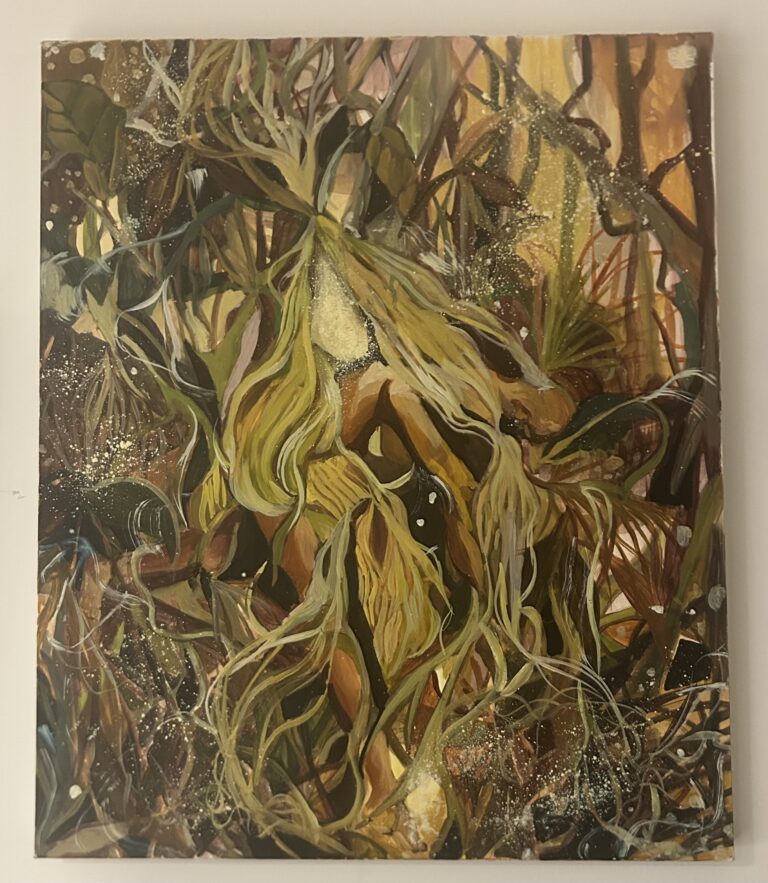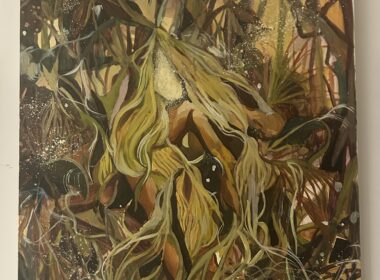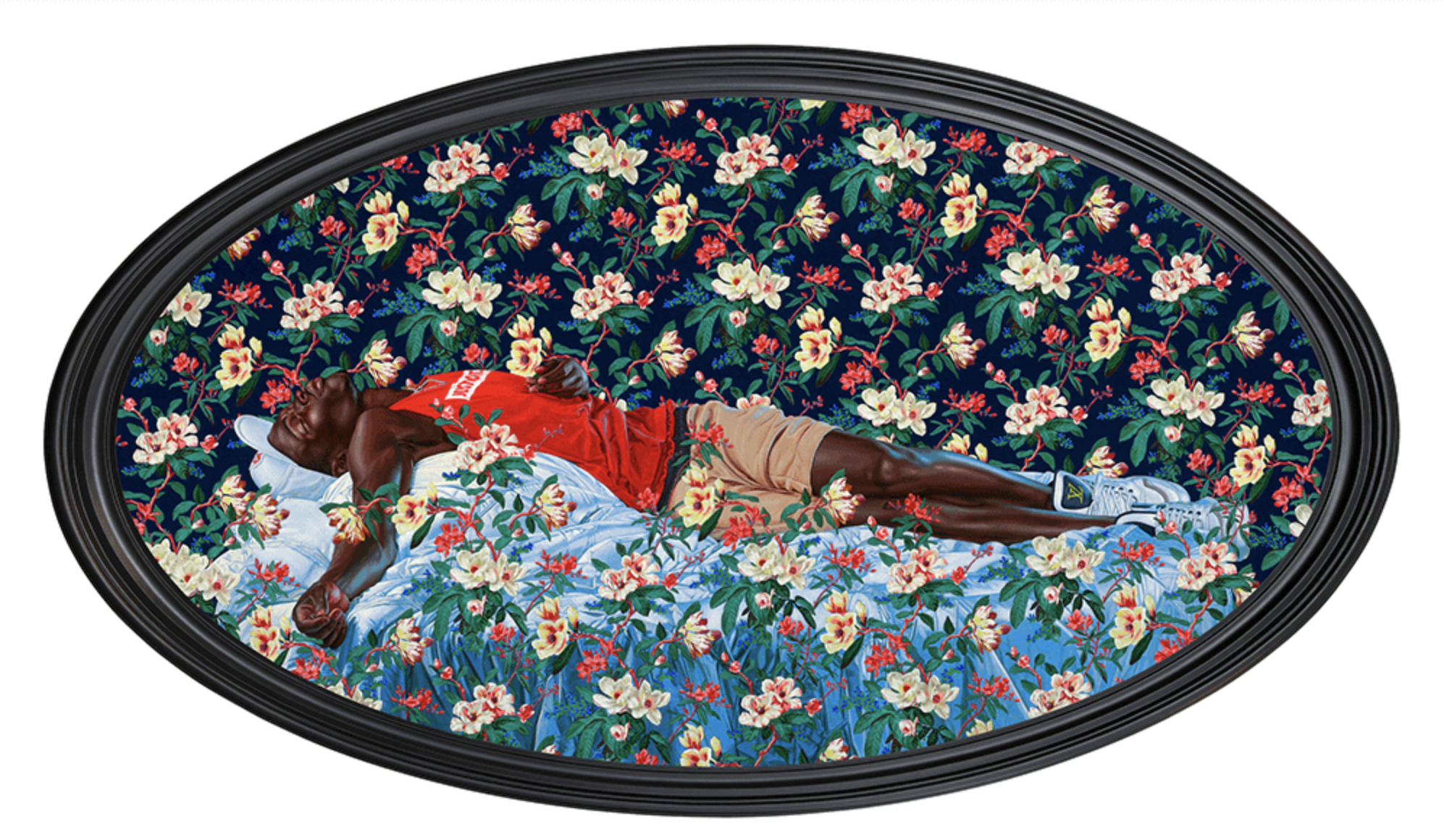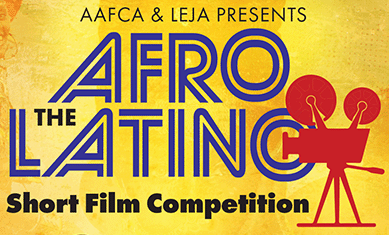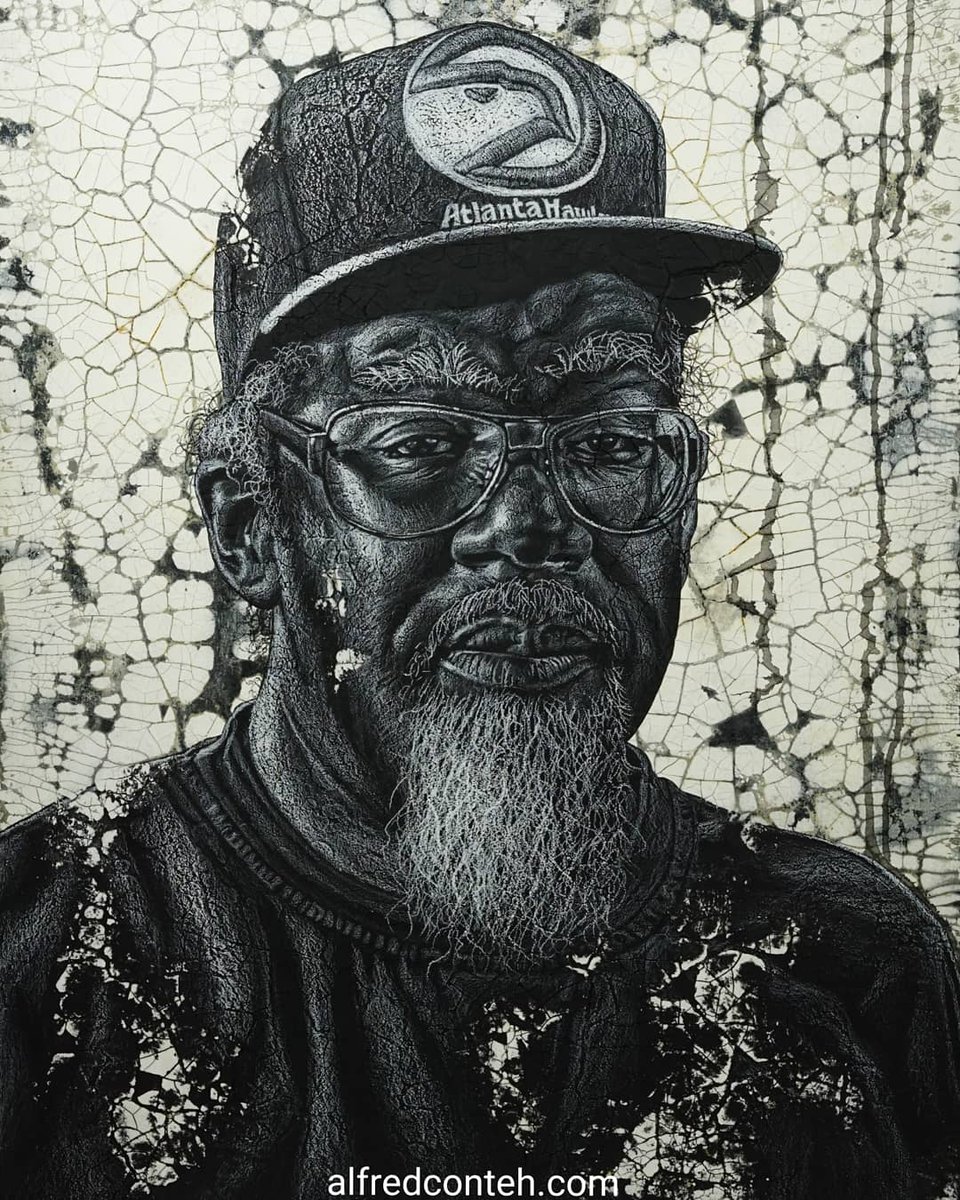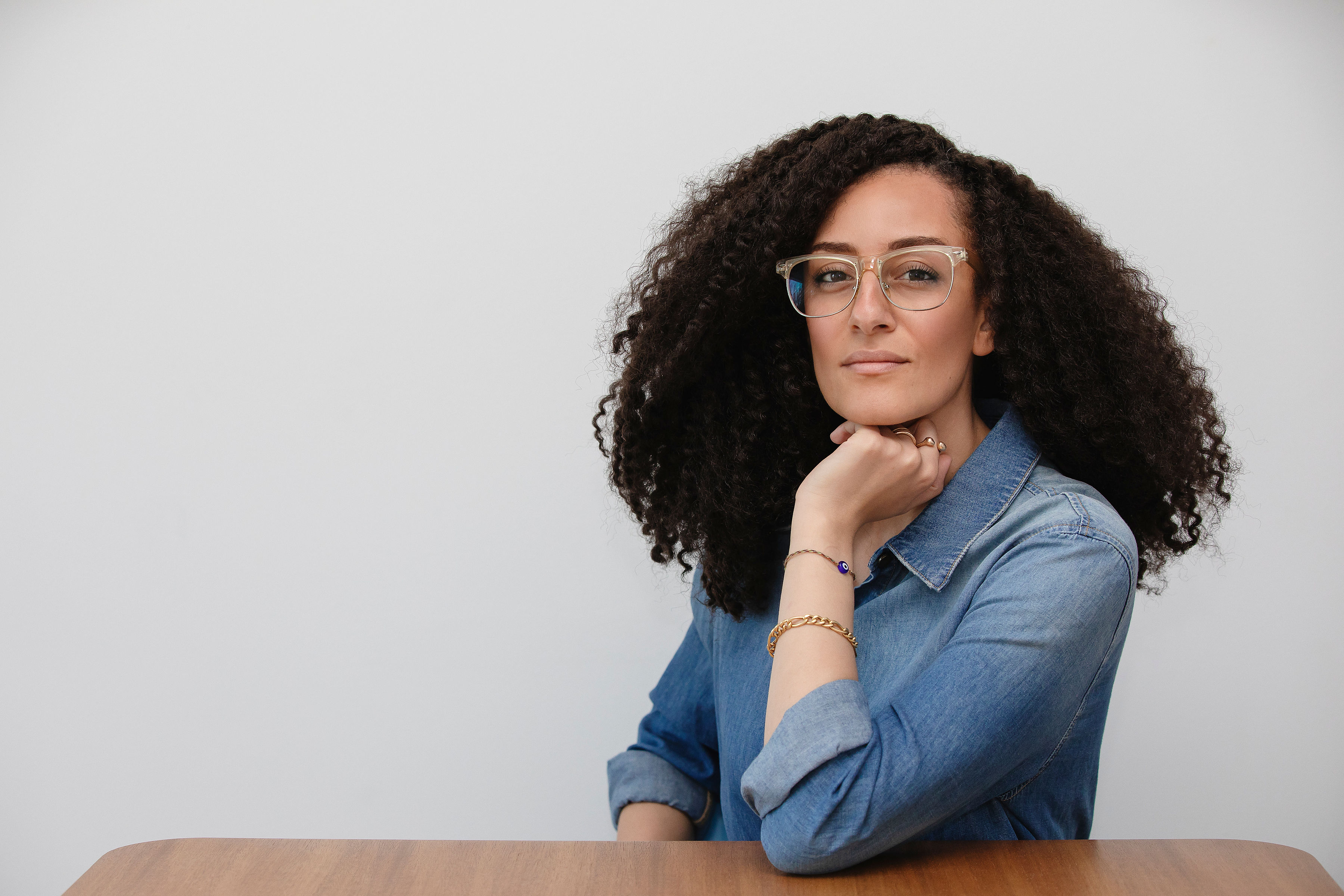This week in African art and culture, a celebrated Nigerian American artist known for his vibrant, colorful portraitures (including that of past United States President Barack Obama) this weekend gets to unveil new works at the Venice Biennale.
Sharjah Biennial also has announced the theme for its upcoming edition, continuing the works by the late renowned and acclaimed international curator, Okwui Enwezor.
Sudanese Egyptian artist Amado Alfadni, who explores the relationship between the included and the excluded in the context of identity and politics, is presenting a solo exhibition in London.
On the literary scene, two Nigerian writers—one globally celebrated and the other an emerging voice on the African literary scene (and even the United States)—win an American prize for literature …
Kehinde Wiley to Unveil New Works at Fondazione Giorgio Cini, Venice, Italy
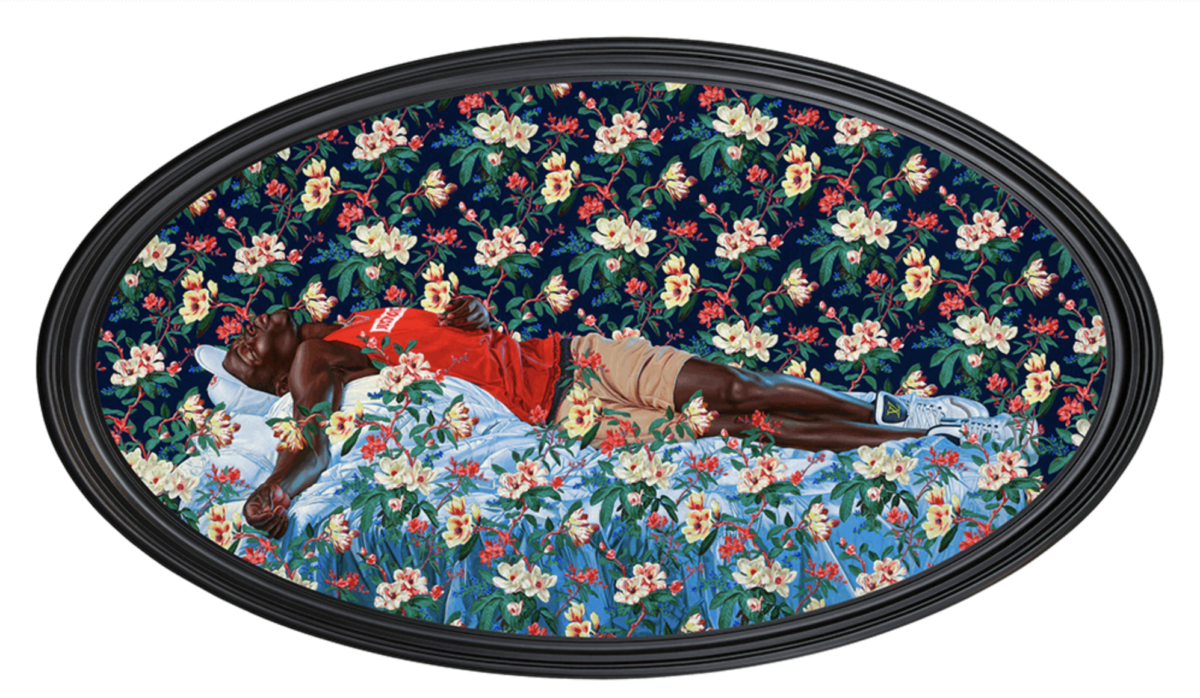
Above: Kehinde Wiley | Sleep (Jean-Bernard Restout) | oil on canvas | 2022
This weekend, Nigerian American visual artist Kehinde Wiley will be presenting new works in his solo exhibition, titled An Archaeology of Silence.
Hosted at Fondazione Giorgio Cini on the occasion of the 59th Biennale di Venezia and curated by Christophe Leribault, the exhibition sheds light on the brutalities of American and global colonial pasts using the language of the fallen hero.
The exhibition will include a collection of monumental new paintings and sculptures, expanding on his body of work, DOWN, from 2008. Initially inspired by Holbein’s painting, The Dead Christ in the Tomb, and historical paintings and sculptures of fallen warriors and figures in the state of repose, Wiley created an unsettling series of prone Black bodies, re-conceptualizing classical, pictorial forms to create a contemporary version of monumental portraiture, resounding with violence, pain, and death as well as ecstasy.
For this new body of work, Wiley has expanded these core thematic elements to meditate on the deaths of young Black men slain all over the world. Wiley has explained his work to be “the archaeology I am unearthing: the specter of police violence and state control over the bodies of young Black and Brown people all over the world.” In light of the current global conflicts, language concerning power struggles and inalienable human rights is more critical than ever.
The new portraits depict young Black men and women in positions of vulnerability that tell a story of survival and resilience, revealing the beauty that can emerge from the horrific. These poses, borrowed from historical Western European art sources, function as beautiful elegies echoing a central metaphor of youth and resilience. They stand as monuments to endurance and perseverance in the face of savagery, incorporating a scale that pushes beyond the mere corporeal and into the realm of spiritual icons, of martyrs and saints.
An Archeology of Silence is part of the Collateral Events of the 59th International Art Exhibition, La Biennale di Venezia, scheduled to open to the public from April 23-July 24, 2022.
Sharjah Biennial Presents Thinking Historically in the Present, a Reflection of Late Okwui Enwezor’s Visionary Work
Conceived by the late Okwui Enwezor and curated by Sharjah Foundation Director Hoor Al Qasimi, Sharjah Biennial 15 has announced the theme for its forthcoming Biennial in the Emirates. Titled Thinking Historically in the Present, this biennial reflects on Enwezor’s visionary work, which transformed contemporary art and influenced the evolution of institutions and biennials worldwide, including the Sharjah Biennial.
The Biennial will be presented at more than 16 venues across the emirate of Sharjah, including a vegetable market, power station and former kindergarten, and is scheduled to take place from Feb. 7-June 11, 2023.
“Owkui saw Sharjah Biennial’s 30-year anniversary as an opportunity to reflect on the role that biennials serve in the ecosystem of contemporary art,” said Al Qasimi, “particularly the Sharjah Biennial itself and the broader Foundation that grew from it. With gratitude to Okwui and the ambitious intellectual project he conceived, we are organizing a biennial that builds on and honors his vision to probe the past, present and future role that biennials and institutions, including the Sharjah Biennial and the Foundation, can serve.
“We look forward to welcoming local audiences and visitors from around the world to reflect on the themes the Biennial explores and the wide-ranging perspectives of the participating artists.”
In line with this framework, 30 artists have been invited to embark on major commissions that explore histories that continue to shape our present. These artists include John Akomfrah, Kader Attia, Sammy Baloji, María Magdalena Campos-Pons, Carolina Caycedo, Destiny Deacon, Manthia Diawara, Coco Fusco, Hassan Hajjaj, Mona Hatoum, Lubaina Himid, Isaac Julien, Amar Kanwar, Bouchra Khalili, Mohammed Ibrahim Mahama, Kerry James Marshall, Steve McQueen, Almagul Menlibayeva, Aline Motta, Wangechi Mutu, Philippe Parreno, Doris Salcedo, Berni Searle, Yinka Shonibare, Vivan Sundaram, Fatimah Tuggar, Hajra Waheed, Barbara Walker, Nari Ward and Carrie Mae Weems.
Thinking Historically in the Present is being realized by Al Qasimi as curator in conjunction with the Sharjah Biennial 15 Working Group, comprising Tarek Abou El Fetouh (independent curator); Ute Meta Bauer (professor and founding director of NTU CCA Singapore); Salah M Hassan (professor and art historian, Cornell University and director of The Africa Institute, Sharjah); Chika Okeke-Agulu (professor and art historian, Princeton University); and Octavio Zaya (independent curator, art writer and executive director of the Cuban Art Foundation).
Al Qasimi and the Working Group are overseeing the development and implementation of the Biennial with an advisory committee that includes Sir David Adjaye (architect) and Christine Tohmé (director, Ashkal Alwan, Beirut).
Amado Alfadni’s The Alternative Museum of the Sudan at Sulger-Buel Gallery, London
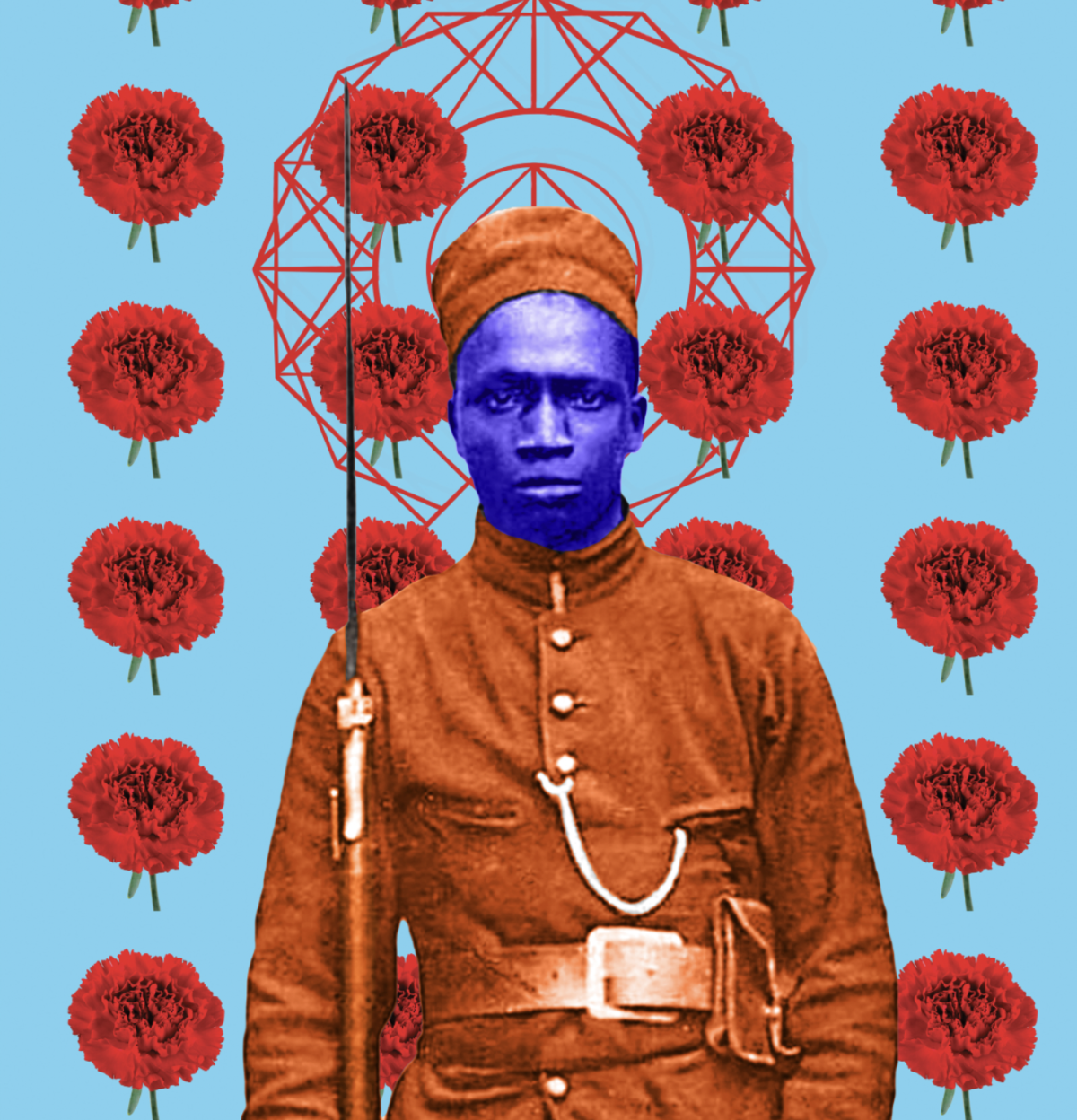
Above: Amado Alfadni | The Alternative Museum of The Sudan | Sulger-Buel Gallery, London | 2022
Opening this week on April 21 at the Sulger-Buel Gallery, London is a solo exhibition by Sudanese Egyptian artist Amado Alfadni, titled The Alternative Museum of The Sudan.
The Alternative Museum of The Sudan is Amado’s first solo exhibition in London, which traces the findings of his five-year journey and research into the buried histories of the people of Sudan who were gravely affected by colonialism and other interruptive external forces. His multimedia works revive the local stories and reflect upon the fate of his Sudanese ancestors, revealing an incomprehensible exploitation of the African people from the earliest times up to the present.
The show also draws upon the artist’s interest in the notion of authenticity when an identity comes into contact with a colonial factor or aggressive power subjugation. He uses postcards, photographs and oral archives to reveal some of the complex relationships that have ensued from the interplay between colonial dominance and its affect on Black Africa, as well as the intermingled histories of the people living in the unique geographical zone where Sudan meets Egypt and North Africa.
The Alternative Museum of The Sudan project will serve as a repository of the material constructed in tribute to Amado’s subjects, such as the Bint El Sudan installation. Shedding light on the history of the popular Sudanese perfume that has been made and sold for decades and is still on the market, it draws parallels between the past and the present through the changing image of “a Sudanese Princess” as we follow her visual transformation through the marketing labels over time, revealing how the female Sudanese figure has been manipulated through the masculine glare.
Through his installations, Amado delves into the complexities of culture and identity in the aftermath of colonial presence with a critical, yet aesthetic eye that results in incredibly captivating artwork. In particular, he questions the British and Egyptian colonial stay and intervention in Sudan, beginning with the time of Queen Victoria, followed by King Farouk of Egypt.
Amado has stated, “My work discusses the relationship between the included and excluded and opens dialogue on issues of identity and politics. By working with forgotten historical events and current state policies, I raise questions of power dynamics between the individual and authority on the social and political level. It gives a voice to the marginalized minorities.”
The exhibition will be on view at Sulger-Buel Gallery, London until June 30, 2022.
Nigerian Writers Chimamanda Ngozi Adichie and Pemi Aguda Win 2022 O. Henry Prize
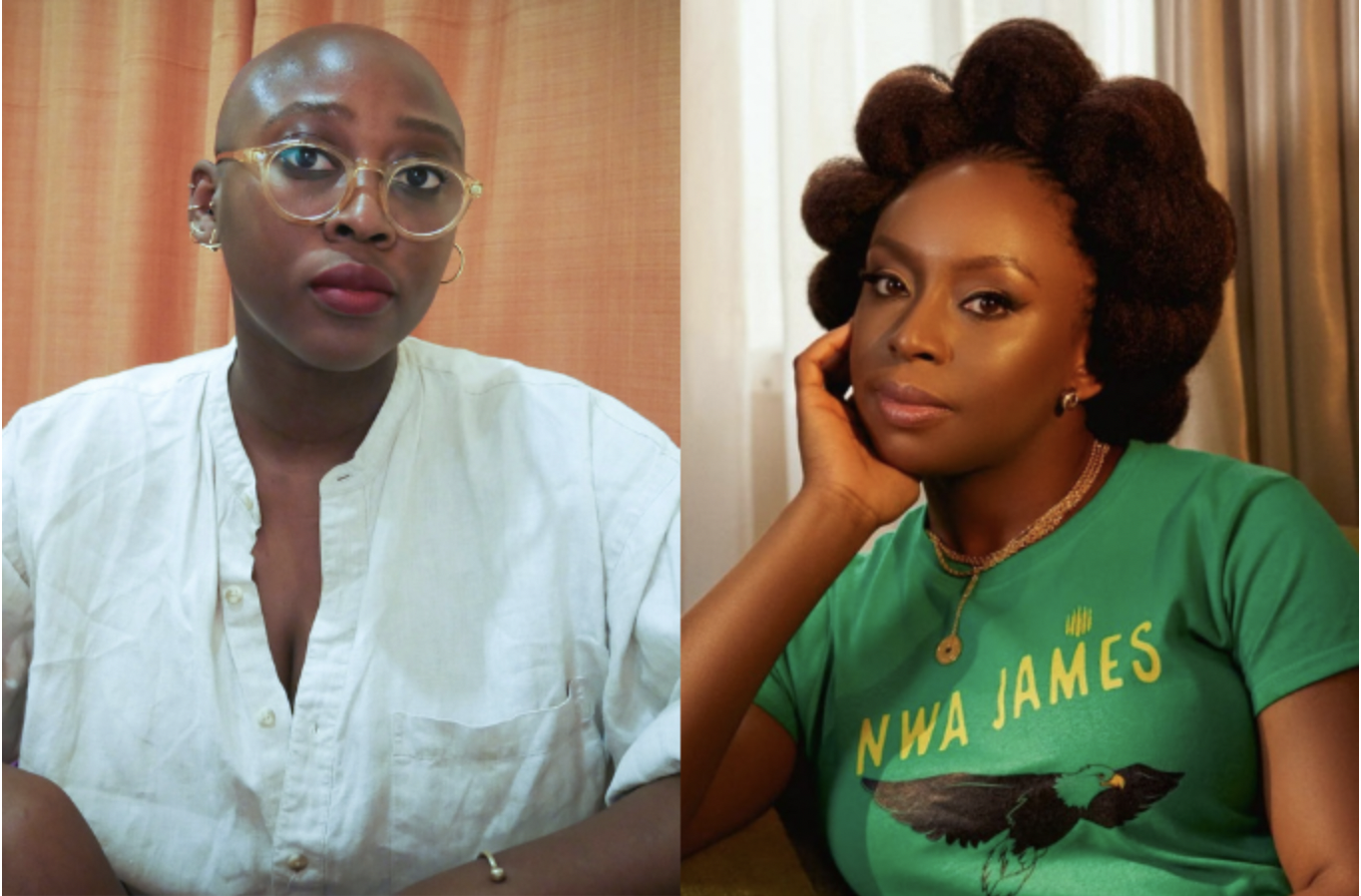
Above: 2022 O. Henry Prize Winners Pemi Aguda and Chimamanda Adichie
The Nigerian novelist Chimamanda Ngozi Adichie and short story writer Pemi Aguda are among the winners of the 2022 O. Henry Prize—one of the world’s most prestigious literary honors for a single short story published in a North American journal/outlet.
Adichie, a previous two-time winner, has been awarded for her short story Zikora, published by Amazon Original Stories. The story takes a close look at motherhood and childcare through the eyes of a Nigerian woman in America dealing with estrangement from the father of her unborn child while grappling with her mother’s idea of “help.” Last year, Adichie was invited as the first-ever guest editor for the prize anthology in which she selected, among others, the stories by the Nigerian writers Adachioma Ezeano and Johwor Ile, who were her former students in a creative writing workshop that she launched and held annually until 2019 in Nigeria.
Pemi Aguda, another former student of Adichie’s and alumna of the workshop, also was awarded the prize for her short story, Breastmilk, published in One Story. Breastmilk explores the interrogation of womanhood, feminism and betrayal from the perspective of a young mother who finds herself unable to provide breastmilk for her newborn after learning of her husband’s extramarital affair.
The O. Henry Prize, named after American short story writer William Sydney Porter (known by his pen name O. Henry), annually recognizes the best short stories published in a U.S. magazine. In its early years, it was open only to American writers. Subsequent decades saw slow but steady amendments to the rule until 2003, when eligibility was expanded to include writing from authors of any nationality, provided that the story was published in a North American magazine. That same year, the Nigerian writer Adichie received her first award for The American Embassy.
The 2022 series is guest-edited by Booker-nominated author Valeria Luiselli. The list is notable for the dominance of stories translated into English from another language. The collected stories will be published in the annual anthology, The Best Short Stories 2022: The O. Henry Prize Winners.
Compiled by Roli O’tsemaye
